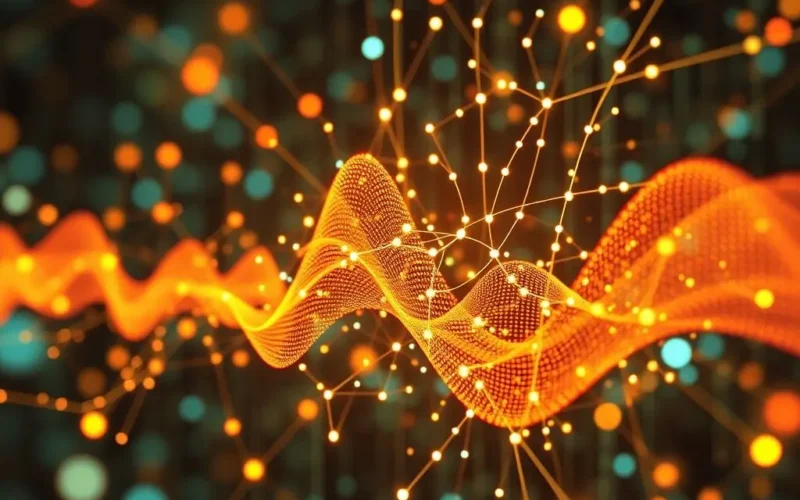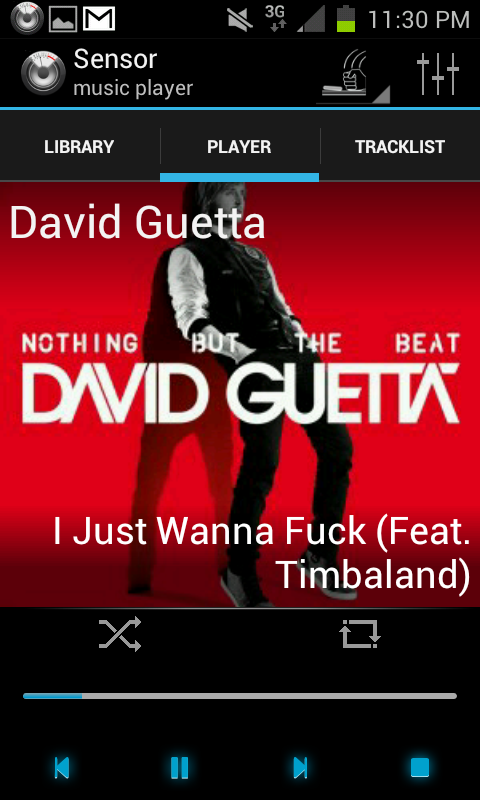Okay, picture this: technology and the world of music collide, not just in the studio, but at the very source of creation. What if artificial intelligence didn’t just assist artists, but became so incredibly sophisticated it could consistently churn out guaranteed chart-toppers? Imagine algorithms that deeply understand the intricate tapestry of human emotion, predicting the ebb and flow of trends before they even fully form, meticulously crafting melodies and lyrics designed with one goal in mind: undeniable mass appeal.
This isn’t merely about conjuring cool beats or catchy hooks. It represents a profound upheaval of the music landscape as we know it. If AI could truly crack the code of a hit, what does that mean for the very definition of creativity? What becomes of the human artists who pour their soul into their work? Does music shed its ‘soul’ in favor of a new, digital essence? When circuits hum and data flows, does music blossom into something new, or does it merely strike a calculated, catchy pose on the digital airwaves? Is genuine genius still found amidst the cold logic?
If the mere thought of AI-generated anthems sending shivers down your spine, or perhaps just sparking a surprisingly catchy tune in your head, well, you’re not alone in pondering this wild possibility. We explored this idea in a recent YouTube Short:
Let’s dive deeper into this fascinating, potentially disruptive future.
Table of Contents
The Algorithmic Engine: How AI Could Build a Hit Factory
To understand how AI might achieve such a feat, we need to look at the underlying technologies. It’s a convergence of several advanced fields:
- Machine Learning (ML) & Deep Learning (DL): These are the bedrock. AI systems are trained on massive datasets of existing music – millions of songs across genres, eras, tempos, lyrical themes, and structures. DL networks, particularly complex neural networks, can identify incredibly subtle patterns, harmonies, rhythmic structures, and lyrical devices that correlate with commercial success.
- Natural Language Processing (NLP): This is crucial for lyrics. NLP allows AI to understand, process, and generate human language. It can analyze lyrical sentiment, identify common themes in popular songs, understand poetic devices, and generate cohesive and emotionally resonant text.
- Audio Processing & Synthesis: Beyond just understanding structure, AI needs to create the sound itself. Advanced audio processing techniques allow AI to manipulate sounds, generate instrumentation, and even synthesize vocals with specific tones and styles. Generative models like GANs (Generative Adversarial Networks) can create entirely new audio elements.
- Trend Analysis & Predictive Modeling: This is where the ‘consistent hit’ aspect comes in. AI can analyze vast amounts of data from streaming platforms, social media, music charts, and even cultural discussions to identify emerging trends, popular sounds, lyrical preferences, and listener behavior patterns with unprecedented speed and accuracy. It could potentially predict what kind of song is *about* to become popular.
By combining these elements, an advanced AI could theoretically:
- Analyze the harmonic progressions, tempos, and instrumentation of recent hits.
- Identify lyrical themes and structures that resonate with current audiences.
- Predict which sounds and styles are gaining traction.
- Generate countless variations of melodies, harmonies, rhythms, and lyrics based on these insights.
- Select the combinations statistically most likely to appeal to a broad audience.
It’s less about ‘inspiration’ and more about highly sophisticated pattern recognition, optimization, and generation based on proven formulas, albeit formulas too complex for humans to consciously track on such a scale.
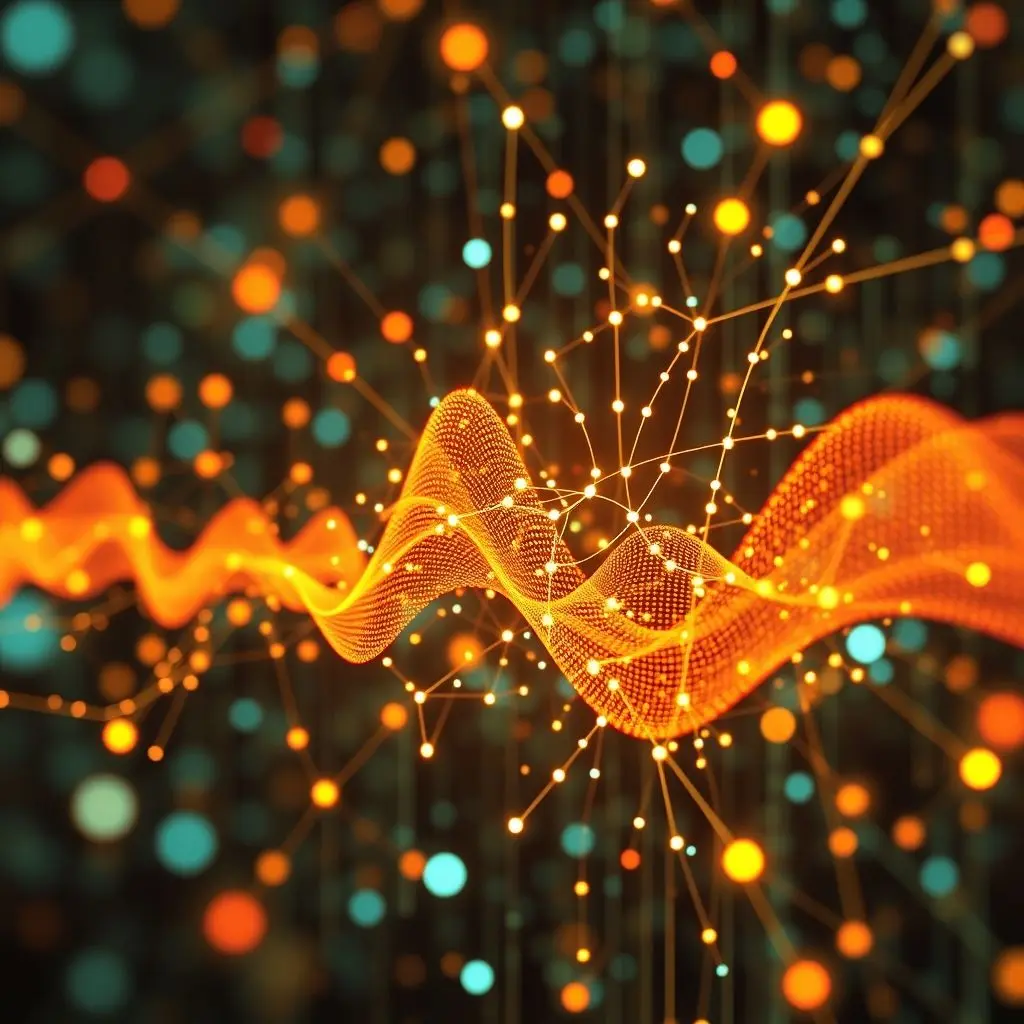
The Algorithm’s Edge: Speed, Scale, and Data-Driven Decisions
What advantages might an AI songwriter possess over its human counterparts, at least in the pursuit of a guaranteed hit?
- Tireless Analysis: AI doesn’t sleep or get bored. It can continuously analyze millions of songs and billions of data points around the clock.
- Speed of Iteration: While a human might take hours or days to write and produce a song, an AI could generate hundreds or thousands of variations in minutes, testing and refining based on predefined success metrics (e.g., predicted catchiness, emotional resonance scores based on training data).
- Pure Objectivity (in theory): AI isn’t burdened by personal biases, creative blocks, or artistic egos. It focuses purely on the data-driven objective: create a song with the highest probability of success.
- Identifying Micro-Trends: AI could spot hyper-specific, fleeting trends in sound or theme that human artists might miss or be slow to react to.
- Customization on Demand: Potentially, AI could generate songs tailored to specific demographics, moods, or even individual listener preferences based on their listening history.
This efficiency and data-driven approach could radically change the pace of music production and the sheer volume of music entering the market.
Redefining Creativity: Is It Art or Just Advanced Assembly?
This is where the philosophical debate ignites. If AI can generate a song that elicits genuine emotion and commercial success, is it creative? Traditionally, creativity involves human experience, intent, emotion, and a unique perspective. An AI, at least in its current form, doesn’t ‘feel’ heartbreak or joy; it processes patterns associated with how humans express and respond to these emotions in music.
Some argue that true art stems from the human condition – struggle, vulnerability, personal history. An AI’s ‘output’ would be a sophisticated pastiche, a highly refined rearrangement of existing elements designed to trigger a predictable response. It’s skilled synthesis, perhaps, but does it possess ‘soul’? That intangible quality that makes a human performance raw, a lyric deeply moving, or a melody haunting?
Others might counter that if the end result – a song that moves people, that becomes an anthem – is achieved, does the source truly matter? Perhaps creativity is simply the ability to combine existing elements in novel and impactful ways, a process AI is becoming exceptionally good at.
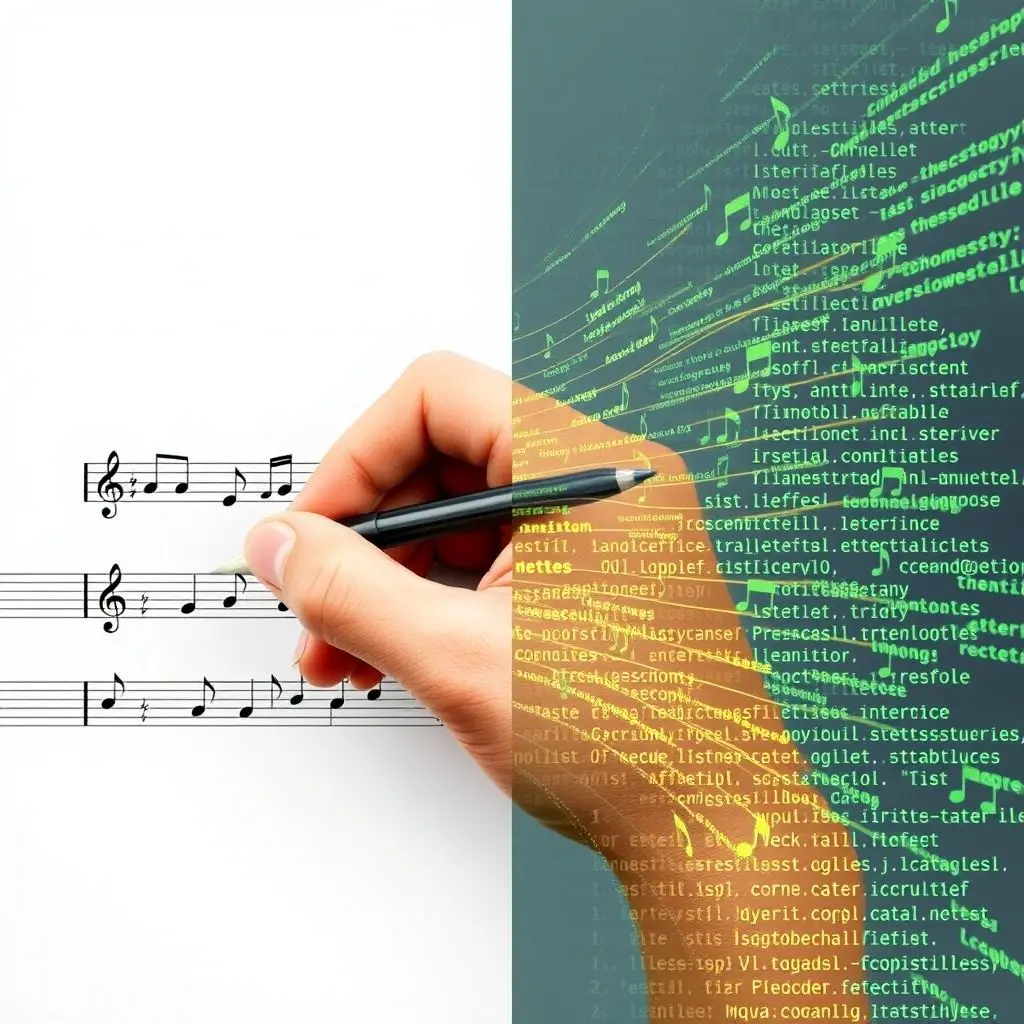
The Human Element: What Happens to Artists?
If AI becomes a hit-making machine, the role of the human artist is undoubtedly challenged. Will we see a future where record labels prioritize cost-effective, predictable AI-generated tracks over developing human talent with all its risks and eccentricities?
Potential scenarios:
- Increased Competition: Human artists face an even more crowded market, competing not just with other humans but with tireless algorithms.
- Shift in Value: The value might shift from songwriting alone to other aspects: live performance, authentic connection with fans, unique personality, visual artistry, and expressing genuine, messy, human experience.
- AI as a Tool: Many artists already use AI tools for production, mastering, or generating initial ideas. This collaboration could deepen, with AI becoming a sophisticated co-writer or ‘muse’ that the artist then shapes and infuses with their unique perspective.
- Niche & Indie Flourishing: The mainstream, hit-driven market might become increasingly AI-dominated, while a vibrant underground and independent scene focused on authenticity, experimentation, and human connection thrives.
It’s unlikely human artistry will vanish, but its context and economic model could change drastically.
Industry Shake-Up: From Studio to Streaming
The music industry, already grappling with the shifts brought by digital distribution and streaming, would face another seismic event. A&R might become less about scouting raw talent and more about managing AI models and analyzing algorithmic output. Production pipelines could be vastly accelerated. Royalties and copyright for AI-generated works are complex legal minefields waiting to explode.
Will streaming platforms prioritize AI hits generated specifically for their platform’s algorithm? Will the sheer volume of AI-generated music flood the market, making it harder for anything, human or machine-made, to stand out?
The Listener’s Ear: Does Source Matter for Enjoyment?
Ultimately, a hit song is defined by its ability to connect with a large audience. If an AI-generated song is catchy, emotionally resonant (because it mimics human emotional expression effectively), and reflects current tastes, will the average listener care that it wasn’t written by a human? For many, the experience of listening is paramount. The backstory might be interesting, but the feeling the music evokes is often what matters most.
However, there’s a potential downside: creative stagnation. If AI relies heavily on identifying patterns of *past* success, could the music become formulaic, predictable, and bland over time? Will the pursuit of the ‘guaranteed hit’ lead to a homogenization of sound, lacking the unexpected twists and genuine innovation that human artists often bring?
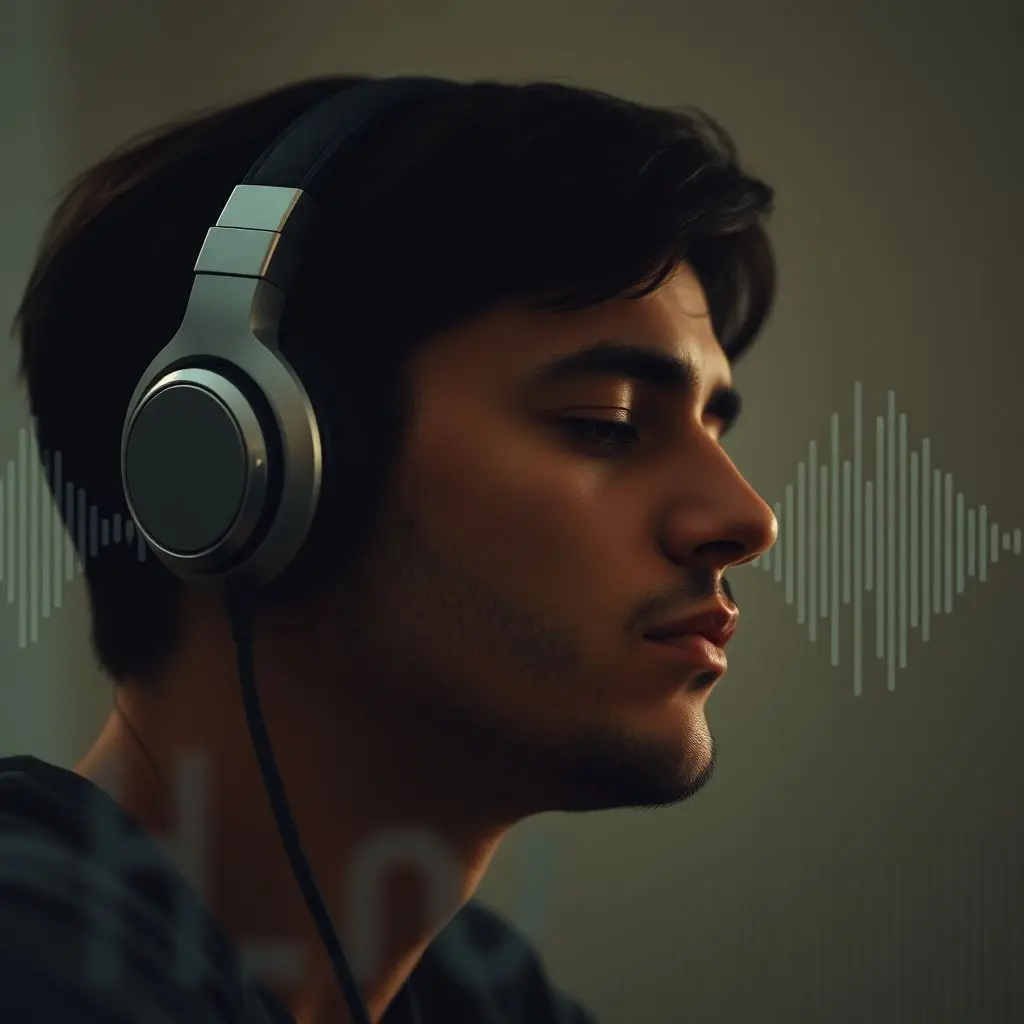
Navigating the Challenges and Limitations (For Now)
It’s important to pump the brakes slightly. While AI is rapidly advancing, consistently creating *guaranteed* hits is still a significant hurdle. Current limitations include:
- True Emotional Depth & Nuance: Mimicking emotion is different from feeling it. Can AI capture the raw, often contradictory, complexity of human feeling that fuels the most impactful songs?
- Originality vs. Pattern Recognition: Can AI move beyond remixing and combining existing patterns to create something truly novel and groundbreaking? Or will its output always feel derivative to some extent?
- Capturing the Zeitgeist: Hit songs often tap into the ineffable cultural mood of a moment. Can AI truly understand and contribute to the cultural conversation in the way human artists do?
- Legal & Ethical Frameworks: Copyright for AI-generated works is unresolved. Who owns the song? The AI developer, the user, the AI itself? There are also ethical questions around using training data without explicit consent from original artists.
These aren’t trivial issues and will shape how AI integrates into the music ecosystem.
Looking Down the Digital Road
So, what does a future where AI can write consistent hit songs look like? It’s probably not an overnight takeover but a gradual integration and evolution.
We might see:
- AI becoming an indispensable tool in the production process, like auto-tune or digital audio workstations are today.
- A bifurcation of the market: mass-produced, AI-optimized pop for broad consumption vs. human-created music valued for its authenticity, vulnerability, and live performance aspect.
- New forms of collaboration between human artists and AI, leading to sounds and structures we can’t yet imagine.
- A renewed appreciation for the ‘human touch’ in music – the imperfections, the live energy, the personal story behind the song.
FAQs: Clearing the Air on AI and Hit Songs
Q: Can AI already write songs?
A: Yes, AI can write and generate music and lyrics using various models. Tools exist that can create melodies, harmonies, and even full tracks. However, consistently generating *chart-topping hits* with the emotional depth and cultural resonance of human-written ones is still largely aspirational.
Q: Will AI replace human musicians entirely?
A: Highly unlikely. While AI may take over certain tasks (like generating background music, jingles, or contributing to pop production), human artists bring unique experiences, emotions, improvisation, and the crucial element of live performance and authentic connection, which AI cannot replicate.
Q: Who owns the copyright of a song written by AI?
A: This is a complex and currently evolving legal area. In many jurisdictions, copyright requires human authorship. Ownership might fall to the AI developer, the user who prompted the AI, or remain in a legally ambiguous state. It’s a major challenge for the industry.
Q: Could AI music become boring or too similar?
A: This is a potential risk. If AI primarily learns from and optimizes based on past hits, there’s a danger of formulaic repetition and a lack of genuine innovation. The key will be whether AI can be developed to prioritize novelty and creative leaps, not just statistical probability.
Q: How can human artists compete with AI?
A: Human artists can focus on their unique strengths: authentic storytelling, raw emotion, live performance energy, building community, and exploring genres or artistic expressions that are less data-driven and more experimental or niche.
The Soundtrack of Tomorrow
The potential for AI to become a consistent hit songwriter is a compelling, and perhaps slightly unsettling, prospect. It forces us to confront fundamental questions about what makes music meaningful, the nature of creativity, and the future role of human artists in a world increasingly shaped by algorithms. Whether it leads to a golden age of perfectly crafted pop or a homogenization of sound remains to be seen. One thing is certain: the intersection of AI and music is creating a fascinating, unpredictable melody for the future.
